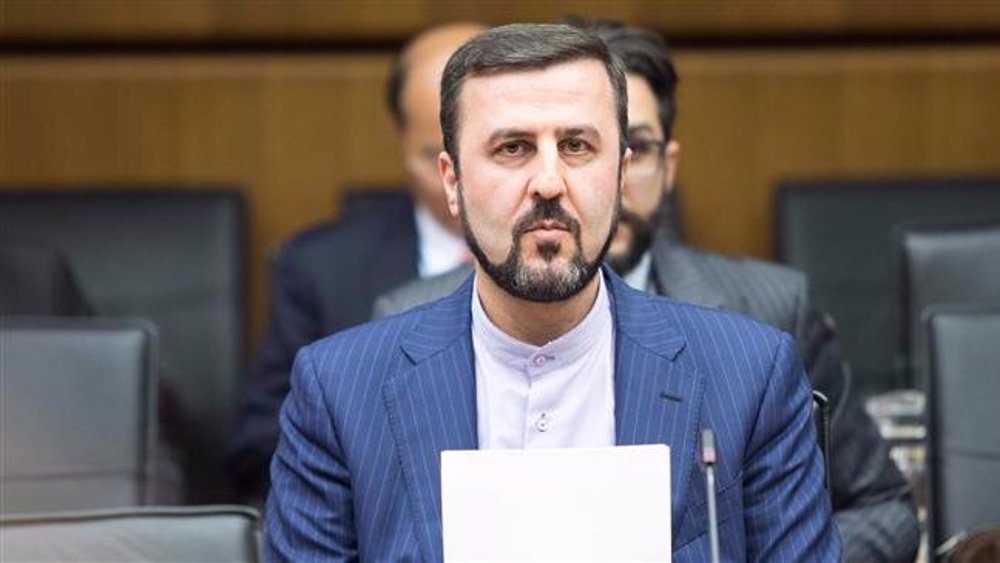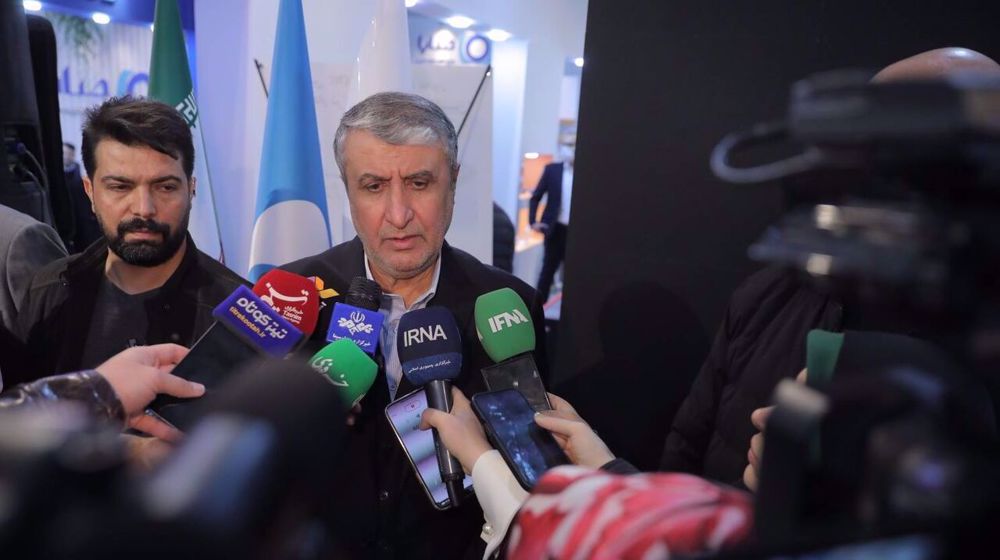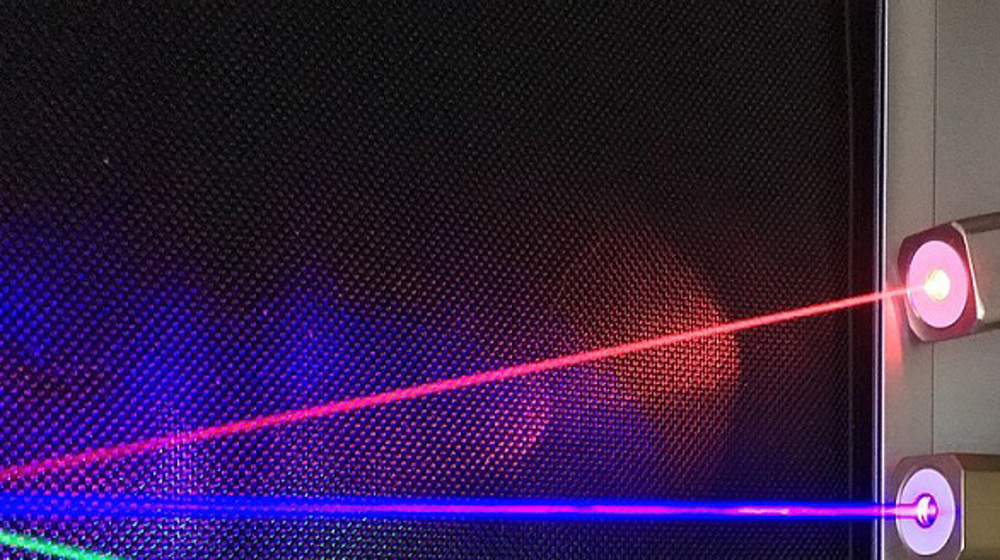Iran warns IAEA’s positions could endanger future interaction
Iran’s ambassador to the international organizations in Vienna warns that the UN nuclear watchdog’s recent unconstructive positions towards the Islamic Republic could jeopardize the future of the country’s interaction with the body.
“The International Atomic Energy Agency (IAEA) Secretary-General [Rafael Grossi]’s recent positions reflect the IAEA Secretariat’s unilateral attitude towards the [status of] cooperation with Iran, and ignorance of the level of the bilateral cooperation,” Kazem Gharibabadi told the media in early Tuesday.
“This can develop into an obstacle in the way of future interaction between the two sides,” the envoy noted.
Grossi had on Monday claimed that the watchdog’s ability to continue to verify the “peaceful nature” of Iran’s nuclear energy program could be affected seriously as a result of, what he called, “lack of progress” in clarification of the agency’s “questions” about the country’s nuclear work.
He also alleged that Iran had not lived up to its pledges of cooperating with the watchdog.
The agency has faced the Islamic Republic with questions concerning alleged presence of nuclear material in four “undeclared locations.”
This is not the first time that the agency comes up with such questions under Grossi.
The last time, the IAEA questioned Iran’s nuclear activities based on alleged data provided to it by the Israeli spy agency Mossad, demanding access to two sites in the country. Iran provided the access, while protesting strongly that reliance on a foreign spy service for information was strictly forbidden in the IAEA’s Charter.
As a show of goodwill, Iran has even allowed the IAEA’s cameras to continue recording developments at some nuclear sites. It has, however, conditioned provision of the devices’ data to the agency on removal of the United States’ sanctions against the Islamic Republic.
The devices keep registering Iran’s nuclear work, while neither the US has lifted the bans, nor has the Islamic Republic’s cooperative attitude has received any credit in a recent report by Grossi.
Gharibabadi regretted that the IAEA report did not reconcile with the history of Iran and IAEA’s cooperation. “The report is neither reliable because it is based on unreliable sources, nor is it convincible since it does not reflect the full aspect of the cooperation and the achievements that have been made,” he said.
“Constructive cooperation requires a positive environment as well as avoidance of prejudgment and expression of bogus concerns,” the envoy said.
The agency has to avoid all sorts of political agendas, he also urged, and demanded that the body instead take the Israeli regime to task for its harboring the Middle East’s only military nuclear program and evading subscription to the Nuclear Non-Proliferation Treaty (NPT).
VIDEO | A new lease of life
Jordan says will not be ‘battleground or launchpad’ against Iran
Iran rules out enriched uranium transfer as part of nuclear deal
Mediterranean dockworkers set to strike against arms flow to Israel
Palestinian committee seeks global help to protect churches amid settler violence
ICE under fire: How a post-9/11 agency became flashpoint of nationwide protests in US
Iran ready for diplomacy, but not under pressure: Araghchi
VIDEO | Cape Town Ramadan expo builds social cohesion, counters Islamophobia











 This makes it easy to access the Press TV website
This makes it easy to access the Press TV website